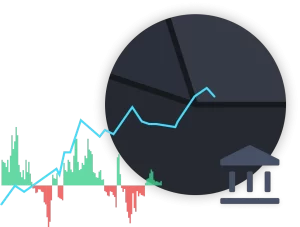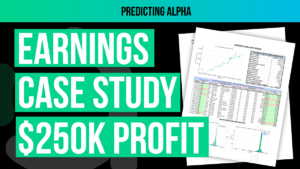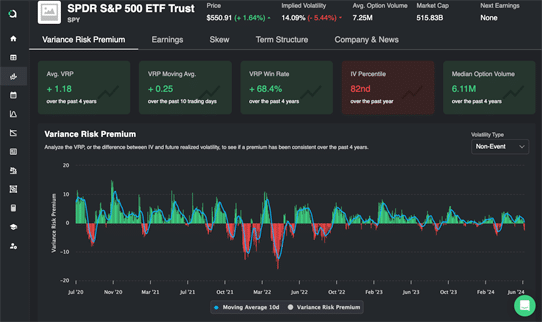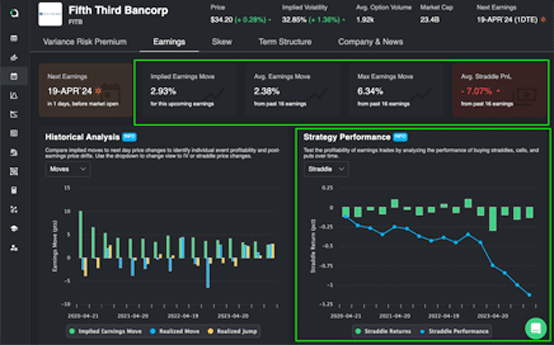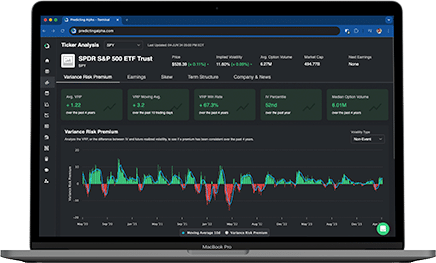A key characteristic of option contracts is the number of days until the contract expires, which is often referred to simply as days to expiration (DTE). Simply put if you want to be an option trader you need to understand this term. It is a key factor that affects the pricing and value of options. It’s the amount of “time” in the “time value” of an option. In this blog post, we’ll delve into the significance of days to expiration and how it impacts your trade decision making.
Key Takeaways
- Days to Expiration (DTE) Significance:
- DTE is the number of days remaining until an option contract expires. It significantly impacts the option’s pricing and value, reflecting the time available for the underlying stock to move beyond the strike price and begin to accumulate intrinsic value.
- Pricing and Premiums:
- Longer expiration options typically carry higher premiums due to the extended timeframe for potential price movements. Shorter expiration options are cheaper in terms of dollar cost, but offer less time for the stock to move in your favor.
- Impact on Strategy:
- Depending on the DTE you select, you are expressing a different view on the market with a different set of sensitivities that can cause your option to change in value.
What are Days to Expiration?
Days to expiration (DTE) is the timeframe during which the option contract remains valid. Once the expiration date is reached, the option expires worthless if it is not exercised. The value of an option is closely tied to its DTE, as it reflects the time available for the underlying stock to move in a favorable direction.
Example: Apple Call Option
Let’s consider an example to illustrate this concept. Suppose you want to buy a call option on Apple (AAPL) with a strike price of $200, expiring on June 30th. Today is June 15th, and Apple is currently trading at $200 per share. You pay a $5 premium for this option.
- Current Date: June 15th
- Expiration Date: June 30th
- Days to Expiration: 15 days
- Strike Price: $200
- Premium Paid: $5
For this option to be profitable, Apple’s stock price needs to exceed $205 ($200 strike price + $5 premium) by the expiration date. If the stock price is above $205, you make a profit; if it’s below, you lose the premium paid.
Why Not Choose a Longer Expiration?
You might wonder, why not buy a call option with a longer expiration date, say June 30th, 2022, instead of June 30th, 2021? Here’s why:
When we place a trade, we want it to express our view in the cleanest way possible. If our view is on how much the price of Apple will change over the next 15 days, we want to trade the expiration that best reflects this. The reason is because we want to be getting paid when we are right, and on the flip side, we should be losing money when we are wrong.
We want to structure our trade in a way that best reflects our opinions, since this is how we can make sure that we get paid for being correct.
An added benefit of this, although slightly more technical, is that by structuring a trade that best reflects your opinion you are able to get better feedback from the market on your ideas.
Remember: not all good trades make money, and not all bad trades lose money.
Even though it costs you less money today, if you are not seeing the “pain” of your bad trades because of some other reason, then you are setting yourself up for long term failure because you are not getting the feedback that you need in order to improve your approach.
DTE and What Causes Your Option To Change In Value
In another blog we talk about option greeks which become really important when it comes to understanding how changing your DTE also changes your risk exposures (beyond just having more or less time).
When you are trading a shorter expiration, you have more sensitivity to theta and gamma, or simply put, how much the stock moves right now.
When you are trading a longer dated expiration, you have more sensitivity to vega, or how much the market thinks the stock will move in the future.
Pricing and Days to Expiration
The price of an option, or its premium, increases with the number of days to expiration. This is because more time allows for more potential price fluctuations in the underlying stock. Conversely, as the DTE decreases, the option’s price typically decreases, reflecting the reduced time for favorable price movements.
For instance:
- Short-Term Option (1 day to expiration): Lower premium due to limited time for significant stock movement.
- Medium-Term Option (15 days to expiration): Moderate premium, balancing the likelihood of stock movement within a reasonable timeframe.
- Long-Term Option (1 year to expiration): Higher premium due to greater potential for significant stock price changes.
An important point to note here is that even though the option prices are cheaper in dollar terms for shorter dated options, this does not mean that they are implying less movement to happen. This is a topic that becomes apparent once you learn about term structure, or how implied volatility changes at different expirations.
Impact on Trading Strategy
Understanding the impact of DTE is vital for developing a successful trading strategy. Here are key points to consider:
- Risk Management: Longer expiration options carry higher premiums, increasing your initial investment risk. Shorter expiration options, while cheaper, offer less time for the stock to move in your favor.
- Position Sensitivities: Are you looking to trade the implied vs realized volatility? Or are you looking to trade a change in the level of implied volatility? The answer to these questions will influence the DTE you select greatly.
Conclusion
Selecting which DTE you trade is really important. Depending on the strategy you end up choosing to trade, there are some general rules that you can follow. But especially as you venture into the world of unique trading situations or building your own strategy, understanding how changing your DTE impacts your position becomes increasingly important.


